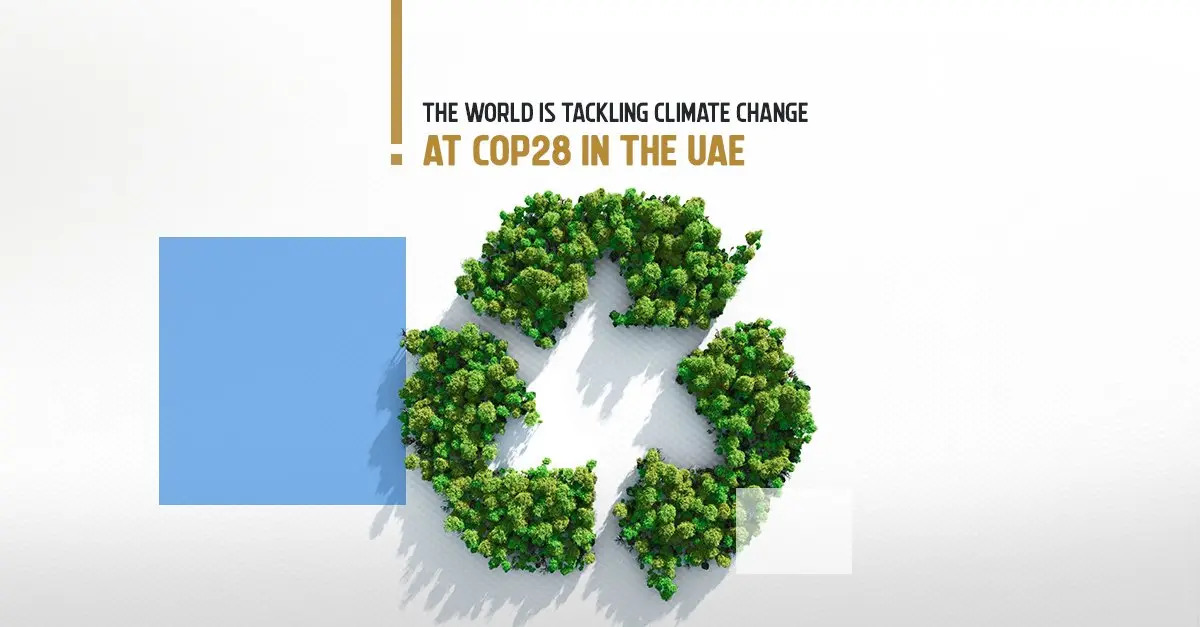There is a lot of controversy about the Global Stocktake, the Global Goal on Adaptation (GGA), and climate funding. The sole noteworthy development is the Loss and Damage Fund’s operationalization on the first day.
According to the CoP28 chair, the meeting has ushered in a “new era in climate action”. It claims that among the measures are plans to decarbonize heavy emitting industries, the first-ever pronouncements on the transformation of food systems and health, and declarations on renewable energy and efficiency. There have been about eleven declarations and pledges made, but they are not part of the discussions and are not enforceable. There are significant disparities about the substantive topics under discussion.

Source: Green Matters
The first-ever global stocktake, which evaluates the progress made toward the Paris Agreement’s objective of limiting the rise in global temperature to well below 2°C over pre-industrial levels, is anticipated to come to an end with this CoP. Rich countries and developing countries differ not just in what needs to be done but also in what has already been done. The Global Stocktake agreement is being drafted with the intention of committing all signatories to “an orderly and just phase-out of fossil fuels.”
Developing nations find the terminology, connotations, and increased emphasis on coal unsettling. A hazy schedule for eliminating coal by 2030 and all fossil fuels by the “mid-century” is mentioned, along with an immediate halt to the production of new coal-fired electricity. China and India are not prepared for that, and they are especially not prepared to halt new coal projects.
Source: Centre for Strategic and International Studies
As of right now, the Global Goal on Adaptation (GGA) has not advanced. “Enhancing adaptive capacity, strengthening resilience, and reducing vulnerability to climate change” is the stated goal of this commitment made under the Paris Agreement. For nations like India, which have had numerous instances of harsh weather, it is crucial.
There is a belief that mitigation—which is crucial for the Global South—is the main emphasis of the negotiations rather than adaptation. Furthermore, there is still a lack of transparency surrounding climate finance. Although wealthy nations assert that the $100 billion pledge has been fulfilled, underdeveloped nations disagree. This is a result of the lack of a consensus definition for climate funding. There are further problems. It appears that the fossil fuel industry is attempting to sway the outcome of the talks. Additionally, there were rumours that the UAE itself intended to take advantage of its hosting position to close deals on gas and oil.
What do you think about this? Comment below.

